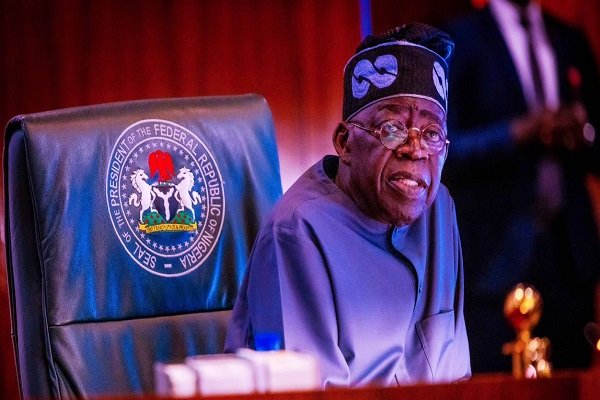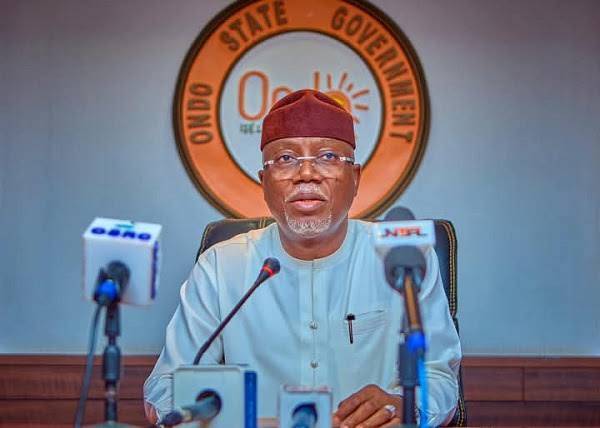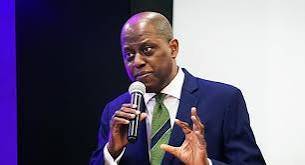By Segun Ayobolu
In any theatre of life that he finds himself, the individual must possess an ideology that guides him on his mission through life and towards the accomplishment of purpose. This opening sentence is a paraphrase of an extract from one of the late Chief Obafemi Awolowo’s numerous speeches and newspaper interviews. Ideology refers essentially to a systematically related set of ideas encompassing a value system, political inclination and a philosophical orientation geared towards the accomplishment of stated goals. Without an ideology which impels them to move swiftly through turbulent terrains of life to fulfill their destinies as individuals many persons glide through this side of eternity with neither a sense of purpose nor a direction.
If ideology, whether it is consciously held or just an instinctual inculcation, is so critical to the individual, it is even a greater necessity for a political party, which produces the government of the day with hundreds of elected officials at all levels. A country without a sense of focus, purpose and direction, which are elemental properties of an ideology, can only make niggardly progress if any. Several years back in the late 1970’s, Chief Obafemi Awolowo, in his delivery of the Kwame Nkrumah Annual Memorial Lectures, rigorously articulated the case for an ideological re-education in Africa if the continent is to transcend debilitating underdevelopment.
After this general framework we can now examine more specifically the APC and its ideological orientation. It is not for nothing that the founders of the party utilized the word ‘Progressive’ in the name of their party. Progressiveness has been a distinct factor in the politics of Nigeria long before now. The AG in the First Republic and Aminu Kano’s Northern Elements Progressive Union in the same period; the UPN and the PRP in the Second Republic. There was the military-created Social Democratic Party (SDP) which made pretentious ideologically being ‘a little to the left’ Today, the country has come full swing and a ‘progressive’ the All Progressives Congress (APC) is in power at the centre. Has the party maximally utilized the opportunity given to it for the same time that a progressive party will be in power at the centre? Not many would respond to this question in the affirmative. Many have argued that the removal of the fuel subsidy and the attendant inflationary spirals with negative implications for the vast majority of Nigerians especially, food and transportation costs, discredits the progressivism proclaimed by both the APC and PBAT. This argument is difficult to sustain. By announcing the fuel subsidy removal on the day of his inauguration, the President made a decisive decision that made a policy that sought to stem the massive looting of collective resources a thing of the past. Had he not taken that step immediately, he would have continued like his predecessors who kept on postponing a decolonization of the matter. But is there then any contradiction between the progressive ideology of the APC and the intense suffering caused by the removal of fuel subsidy.
This kind of argument again is quite mistaken and misbegotten. Yes, there is considerable pain in the land. But with the removal of the subsidy over 1 trillion Naira has poured into the Federation account, the highest shared by the three levels of government since 1999. Of course, there is no less critical need for these increased revenues to be channeled to cushion the effects of the fuel subsidy and be managed efficiently. And while at that, urgent steps must be taken to decisively address the current unacceptably and atrocious costs of governance.
In this whole issue what has come across as most pertinent is the humility of PBAT and his servant-leader style of governance. Many leaders would have refused to go back, for instance, on the proposed policy of N8000 for 12 months but Tinubu did having read the body language of a majority of Nigerians and taken into consideration the strong points of opposed
No less important is the huge impact made by the President’s broadcast to the nation on the fuel subsidy pains during the week. He demonstrated empathy for the people and identified with their pain and suffering in a touching manner. And to demonstrate his commitment to leading the country out of economic servitude and misery, he reeled out far-reaching economic policies designed to address short-term challenges and promote long-term economic sustainability.
The Nation













